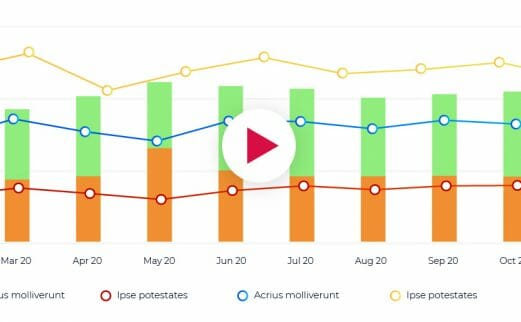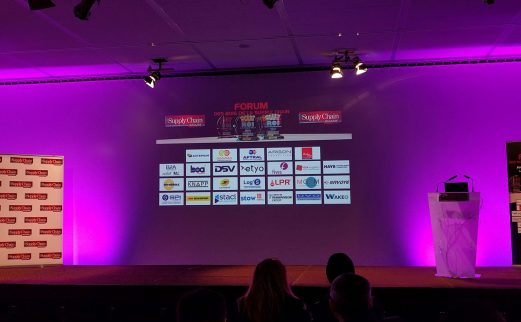Artificial intelligence has been one of the trendiest subjects for these past few years, this growing market should hit the 40 billion bar in 2022.
This statement started the Supply Chain Forum 2019 organized by Supply Chain Magazine in Paris. We had the opportunity to attend several conferences focused on artificial intelligence and its supply chain applications and impact on Demand Planning.
The black box effect of Artificial Intelligence
Among the challenges and risks faced when working with AI the black box issue was raised.
Indeed, an AI will combine several algorithms, the goal being to constantly adapt and evolve, the combination will change over time. It is thus extremely difficult to understand where the results are coming from. And, if you don’t understand the reasoning behind it it’s very hard to justify it or even use it.
According to some speakers, this black box effect is decreasing over time while models evolve. Some specifics AI also exist to explain the reasoning of another AI.
The question of performance
When looking at the performance of artificial intelligence used for demand planning, the question we naturally ask ourselves is: Will the AI do better than a demand planner?
After a test conducted by SAS for Kellogs and Nestlé, the AI did not do better than the best demand planners. However, users saved time and improved their efficiency allowing them to focus on tasks with more added value.
Artificial intelligence and data
The recurring theme of all the conferences was: the DATA. It is the cornerstone of any AI. Without clean and structured data, an AI cannot work properly.
It is necessary to be sure that your data will be available, useable and shareable among your company before going any further with an AI project.
A second key point for success is the employee’s implication and company’ vision. AI is drastically changing the supply chain jobs, so a complete change management process should be followed.
Conclusion
In conclusion I would say that artificial intelligence seems highly interesting on paper with numerous applications for Supply Chain jobs, and it is even more true if you are specialized in sales forecasting (power of sales forecasts algorithms, predictions…). Nevertheless, such projects require a mature organization that has already set up and tested its processes, plus some financial means to be able to handle all parts of the AI project (data maintenance, data scientists to understand and maintain algorithms…)
So before jumping into a complex AI project it is better to implement a robust process supported by an easy to use tool such as Colibri ???? Discover our solutions!





